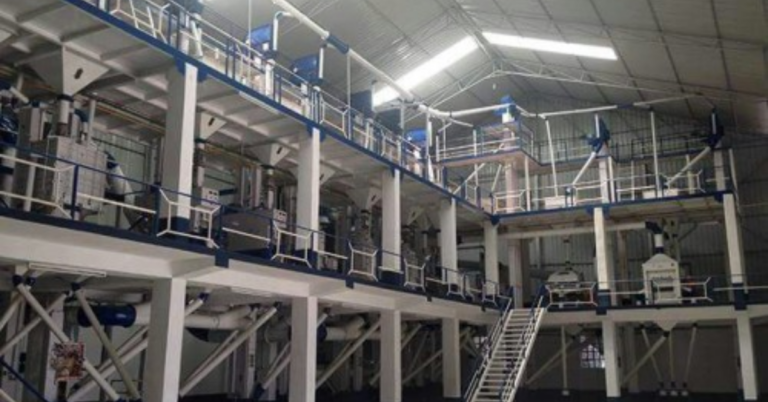Military Robotics: Applications and Ethical Considerations
11xplay reddy login registration, gold365 login, Skyfairs New ID:Military robotics have become an increasingly prevalent topic of discussion and debate in recent years. These advanced technological systems have vastly improved the capabilities and efficiency of armed forces around the world. However, with these advancements come a host of ethical considerations that need to be addressed. In this article, we will explore the applications of military robotics and delve into the ethical implications associated with their use.
Applications of Military Robotics
1. Unmanned Aerial Vehicles (UAVs): UAVs, commonly known as drones, have revolutionized military intelligence, surveillance, and reconnaissance operations. These aerial vehicles can be deployed in hostile environments without risking the lives of human pilots.
2. Unmanned Ground Vehicles (UGVs): UGVs are robotic vehicles that can be used for a variety of tasks, including bomb disposal, reconnaissance, and logistics support. These vehicles are particularly useful in situations where it is too dangerous for humans to operate.
3. Autonomous Weapons Systems: Autonomous weapons systems are robotic systems that can independently select and engage targets without human intervention. These systems raise serious ethical concerns regarding the use of lethal force without human oversight.
4. Exoskeletons: Exoskeletons are wearable robotic devices that can enhance a soldier’s physical capabilities, such as strength and endurance. These devices can greatly improve the performance of soldiers on the battlefield.
5. Medical Robotics: Medical robotics are used in military hospitals and field hospitals to assist with surgery, rehabilitation, and medical procedures. These robotic systems can help save lives and improve the quality of care for wounded soldiers.
Ethical Considerations
1. Accountability: One of the primary ethical concerns with military robotics is the issue of accountability. Who is responsible when a robotic system makes a mistake or causes harm? Without clear lines of accountability, it can be challenging to hold the appropriate parties responsible for their actions.
2. Autonomous Weapons: The use of autonomous weapons systems raises significant ethical questions. These systems have the potential to make life-and-death decisions without human intervention, leading to concerns about the moral implications of delegating such power to machines.
3. Human Rights: Military robotics can also raise concerns about human rights violations, especially when used in conflict zones. It is essential to ensure that these technologies are used in compliance with international laws and ethical standards to protect civilian populations.
4. Transparency: The development and deployment of military robotics are often shrouded in secrecy, making it difficult for the public to understand the full extent of their capabilities and implications. Transparency is crucial to ensure that these technologies are used responsibly and ethically.
5. Privacy: Military robotics raise concerns about privacy, particularly when used for surveillance purposes. It is essential to establish clear guidelines for the collection and use of data gathered by these technologies to protect individuals’ privacy rights.
6. Dehumanization: The use of robotic systems in military operations can lead to the dehumanization of warfare, distancing soldiers from the consequences of their actions. It is crucial to maintain a sense of empathy and moral responsibility in the use of these technologies.
In conclusion, military robotics have the potential to greatly enhance the capabilities of armed forces but also raise a host of ethical considerations that must be carefully addressed. By understanding these ethical implications and working to establish clear guidelines and regulations, we can ensure that these technologies are used responsibly and ethically in the service of peace and security.
—
FAQs
Q: Are military robotics replacing human soldiers?
A: While military robotics are becoming increasingly prevalent in modern warfare, they are not expected to fully replace human soldiers. These technologies are designed to enhance the capabilities of armed forces and reduce the risks to human life in dangerous situations.
Q: How do military robotics impact civilian populations?
A: The use of military robotics can have significant impacts on civilian populations, particularly in conflict zones. It is essential to ensure that these technologies are used responsibly and in compliance with international laws to protect civilians from harm.
Q: What measures are being taken to address the ethical implications of military robotics?
A: Governments, organizations, and policymakers are actively working to address the ethical implications of military robotics through the development of guidelines, regulations, and international agreements. It is crucial to continue these efforts to ensure the responsible and ethical use of these technologies.







